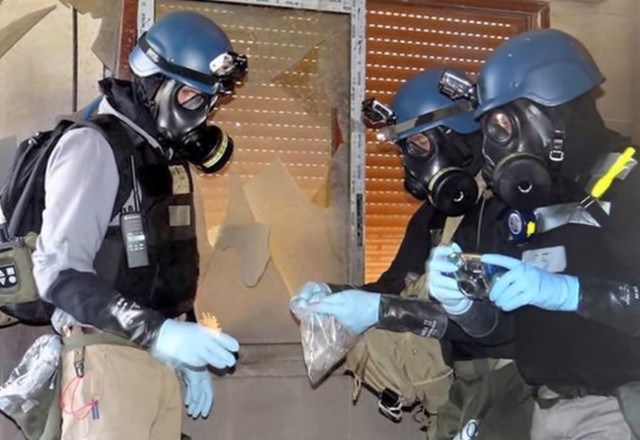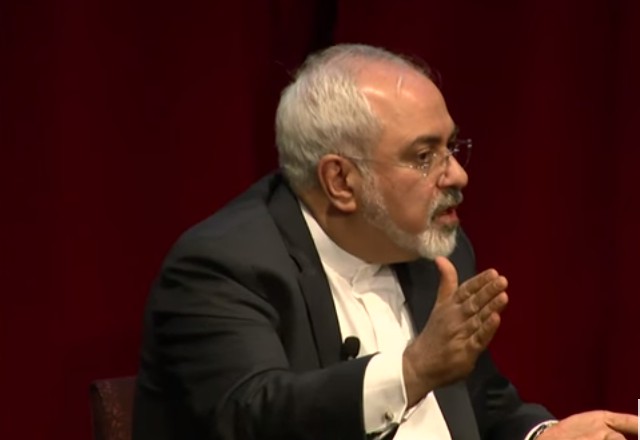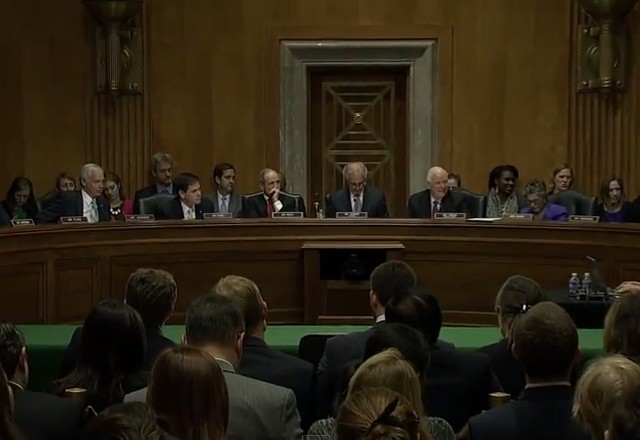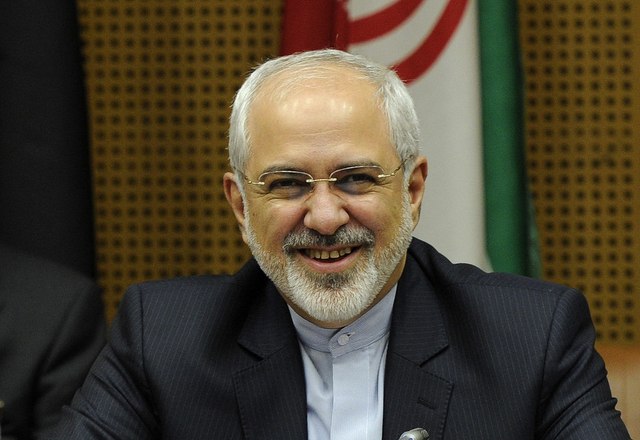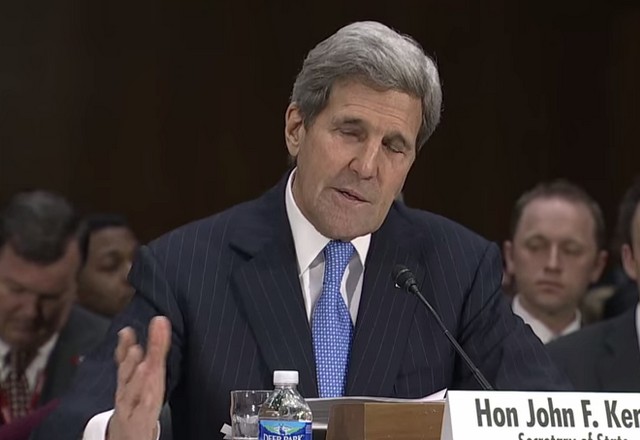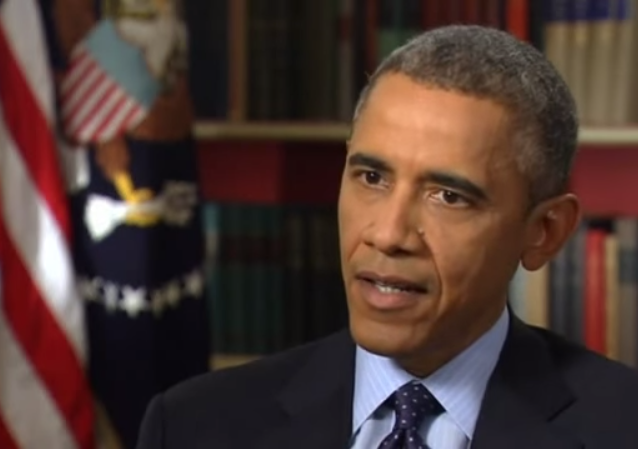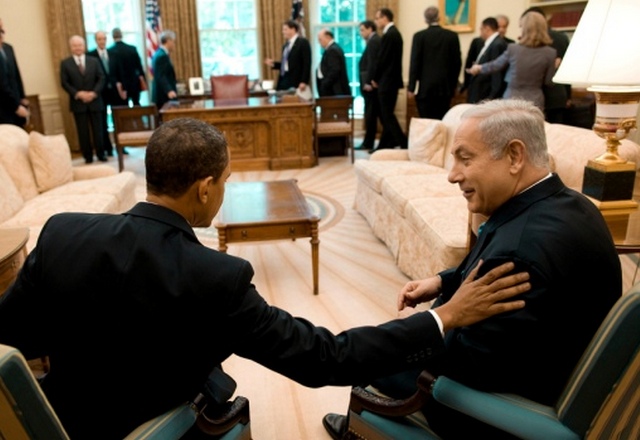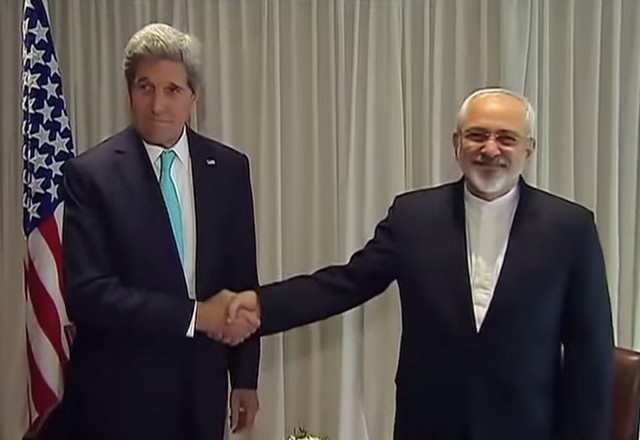The War on Police Claims More Victims in Baltimore
on June 01, 2015
22 Comments
Baltimore has been out of the national conversation for a couple of weeks. Freddie Gray is dead. Six police officer have now been indicted in his death. Last weekend, Memorial Day weekend, Baltimore was one of several cities that saw a spike in violence. At that point Baltimore had 35 homicides for the month of May, making it the deadliest month in the city since 1999.
But the killings didn't stop. Late last week a 31 year old woman and her seven year old son were shot in the head in southwest Baltimore. Little information has been reported. Police have not released any speculation about the motive behind the slayings.
With three more murders Sunday, the murder count in Baltimore stands at 43, the highest toll in 40 years.
What's going on in Baltimore (and elsewhere as we saw last weekend) is part of what Heather MacDonald calls A New Nationwide Crime Wave (Google link). After seeing crime drop for nearly two decades, crime is rising. The reason isn't complicated. With politicians claiming that the main problem in law enforcement is policing, a theme echoed by many in the media, and police realizing that they can be prosecuted and vilified for doing their jobs; arrests are down and crime is up.





